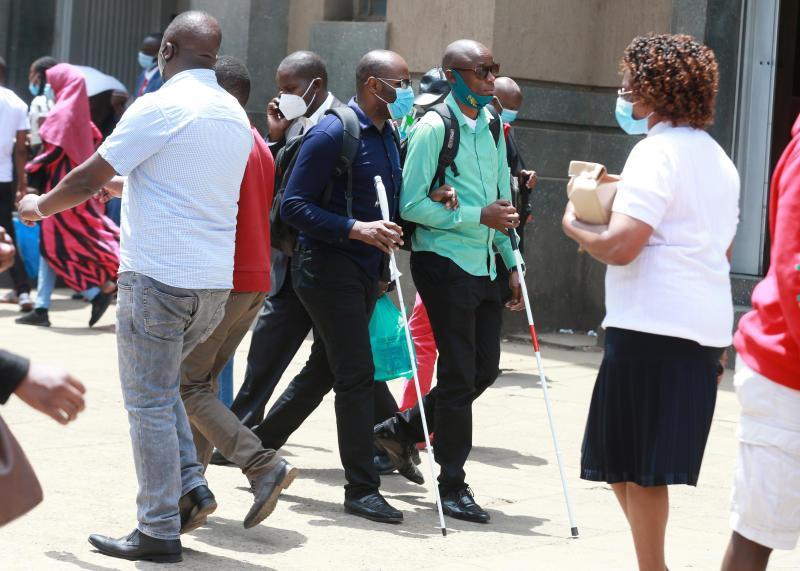×
The Standard e-Paper
Smart Minds Choose Us

Tip. Tap. Tip. Tap. That is the sweet sound of mental freedom. It is the sound of independent, visually impaired persons across the globe confidently navigating with their white canes to work, neighbourhoods or wherever their plans take them.
Today is White Cane Safety Day. It was first celebrated in 1964 in the US by then President Lyndon Johnson. In 2011, US President Barack Obama graced the occasion by naming it Blind Americans Equality Day.